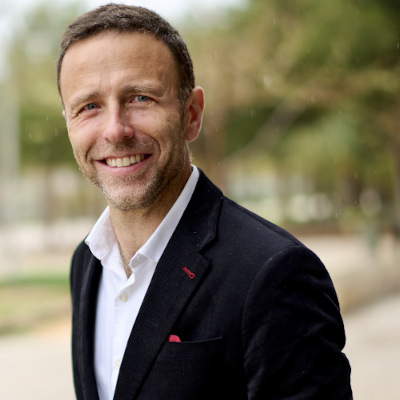Adolescent Loneliness: From Risk to Intervention

Loneliness is defined as the negative feeling that results when there is a discrepancy between the social relationships that someone would like to have and those they actually have. It may be a discrepancy in both the quantity and quality of these relationships. Adolescence is a stage in which an increase in feelings of loneliness has been observed. The evolutionary theory of loneliness associates the increase in the feeling of loneliness with environmental changes and important life events. Children and adolescents are in the process of very relevant physical, psychological and social changes. Loneliness is associated with an increased risk of psychopathology including depression or suicide. In the case of adolescence, loneliness has been associated with risk behaviors such as alcohol consumption and other addictions. In a technological society in which the use of the Internet and social networks is widespread, high connectivity could favor an improvement in this sense; however, the problem of loneliness persists in societies in which the use of the Internet and social networks is very high. Psychology tries to understand how adolescents use their social relationships in ways that make them feel connected to others and less alone. Loneliness appears to act as a bidirectional factor in terms of time using social networks and mental health, since involvement in online social activities can displace social and family relationships in real life. The conference will address these aspects and review the state of the issue of loneliness in adolescents, trying to shed light on the role of loneliness, its origin and its association with mental health problems in adolescence and therapeutic proposals for intervention will be examined.
JOSÉ PEDRO ESPADA
Professor of Personality, Assessment and Psychological Treatment, and Director of the Research Group “Analysis, Intervention and Applied Therapy with Children and Adolescents” (AITANA). He completed his postdoctoral training at the Institute of Prevention Research at Cornell University in New York. His research has focused on risk behaviors in adolescents and the treatment of emotional problems. He has created several internationally disseminated programs for children and adolescents: Saluda Program, Compas Program, and Fortius Program. He is a co-author of the Spanish version of Super Skills Program. As a researcher, he has published more than two hundred scientific articles. He is the promoter of the spin-off PSICOLÓGICA, a psychology clinic dedicated to assistance and transfer in the field of mental health.












